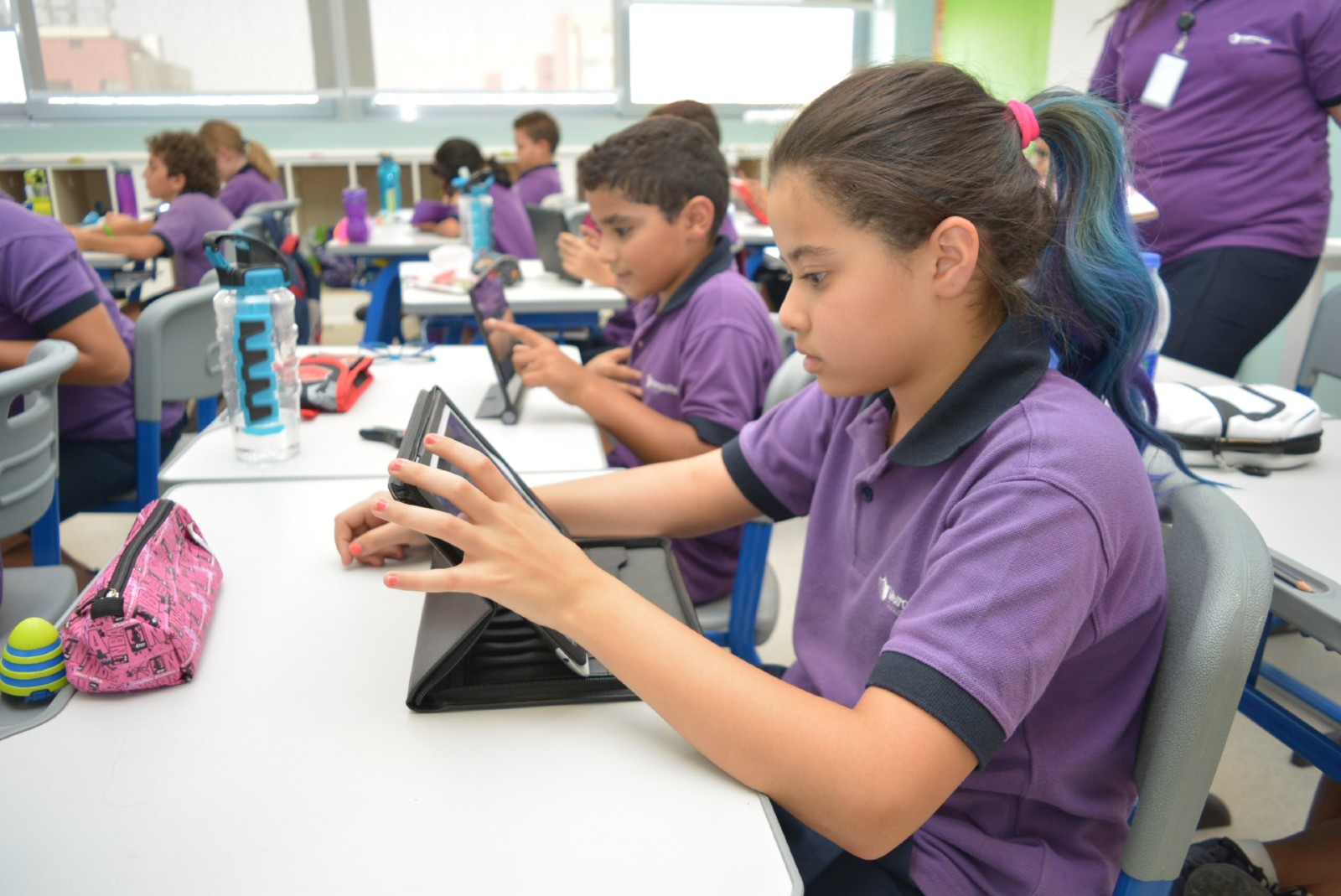Education in Egypt is undergoing a transformation, with artificial intelligence (AI) poised to significantly influence the way students learn. In 2024, the Minister of Education highlighted the government’s commitment to integrating AI and programming into the curriculum to prepare students for a tech-driven world. A New Focus on AI in Schools In October 2024, Minister of Education Mohamed Abdel-Latif stated that AI and programming will become core subjects for first-year secondary students in Egypt. He also expressed that this initiative, dubbed Gateway to Advanced Technologies and Education (GATE), aims to equip students with essential skills related to AI and digital platforms, which are increasingly important in today’s job market. With over 25 million students enrolled in Egyptian schools, the shift from traditional educational methods to a focus on technology and the integration of AI into the curriculum represents a significant step toward modernizing the educational system. As schools start to introduce AI tools, educators face the challenge of teaching students how to use them responsibly. While technology can enhance learning, it also raises concerns about misuse, such as plagiarism. Today, teachers are navigating these waters as they try to find…
The Role of AI in Transforming Education for Egyptian Students
April 17, 2025
By Belal Nawar
Senior Journalist



